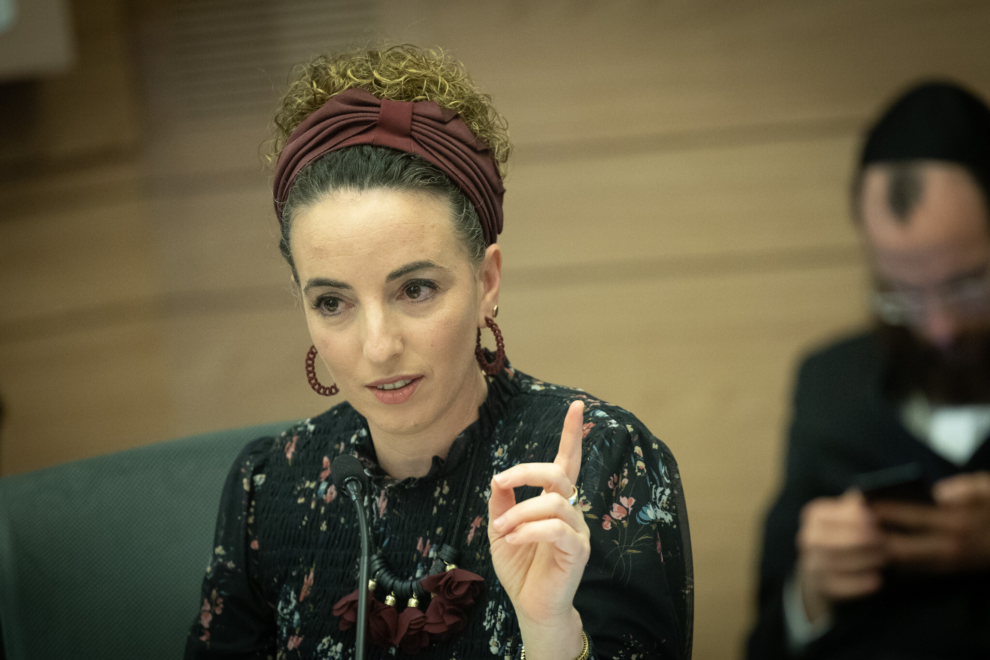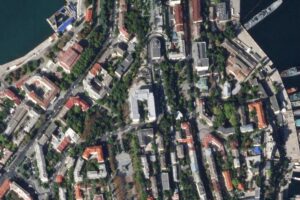Environmental Protection Minister Idit Silman is reportedly aiming to attend a climate conference in Saudi Arabia next week in what would make her the third cabinet member in less than a month to visit the Gulf country.
Israel does not have formal ties with Saudi Arabia, but the two countries have been inching toward a historic normalization deal.
Silman’s office has submitted visa requests for the minister as well as representatives from her office, the Foreign Ministry and the National Security Council, the Kan public broadcaster reported Friday.
Saudi Arabia has not yet responded to the visa requests for the 13-member delegation, according to Kan.
Silman’s visit would come one week after Communications Minister Shlomo Karhi attended and spoke at a postal conference in Riyadh, bringing MK David Bitan with him, the first Knesset member to officially visit Saudi Arabia.
Days earlier, Tourism Minister Haim Katz attended a separate UN meeting in Saudi Arabia.
During his trip, Karhi also visited a 500-year-old Torah scroll on display at an annual book fair and participated in a morning prayer service, complete with a Torah scroll dedicated to the rulers of the kingdom.
The service, which included a prayer quorum, or minyan, of at least 10 men, took place in Karhi’s hotel and included three Jews who were in Riyadh but were not part of Karhi’s delegation.

Saudi Arabia, home to Islam’s holiest sites, has never recognized Israel and long insisted it would not do so without a just resolution to the Israeli-Palestinian conflict.
But the administration of US President Joe Biden has been pushing for a landmark normalization deal that could reorder the Middle East.
Riyadh did not join the US-brokered Abraham Accords, which saw its Gulf neighbors Bahrain and the United Arab Emirates, and later Morocco, establish formal ties with Israel in 2020.
The White House said last week that Saudi and Israeli negotiators were moving toward an outline of a deal.

Riyadh is bargaining hard for security guarantees from Washington as well as assistance with a civilian nuclear program that would have uranium enrichment capacity.
The Palestinians have warned that they must be taken into account in any deal. In interviews, Netanyahu has indicated that he would be willing to make concessions for the Palestinians, though it is unclear what precisely that would constitute. The prime minister’s far-right coalition partners would seemingly make such concessions difficult to execute.
The steps proposed by the Palestinians in a potential deal have included US backing for recognition of Palestinian statehood at the United Nations; the US reopening its consulate in Jerusalem that historically served Palestinians; the scrapping of congressional legislation characterizing the PLO as a terror organization; the transfer of West Bank territory from Israeli to Palestinian control; the demolition of illegal outposts in the West Bank and a freeze on settlement construction.
Source : TheTimesOfIsrael




































